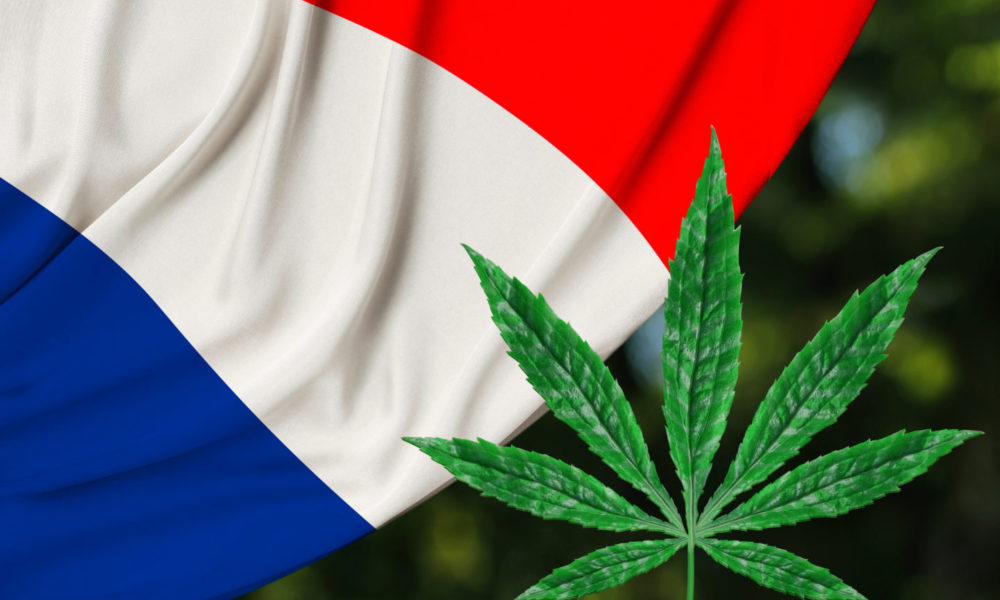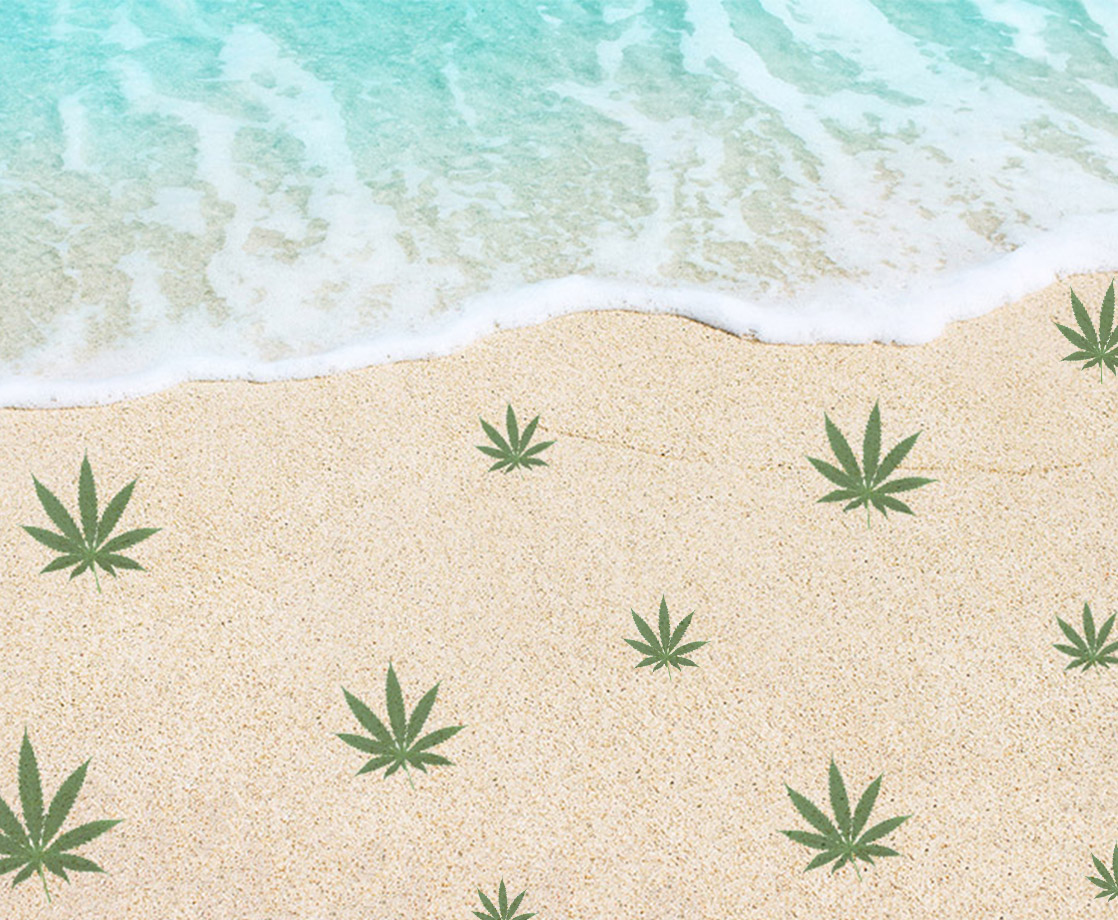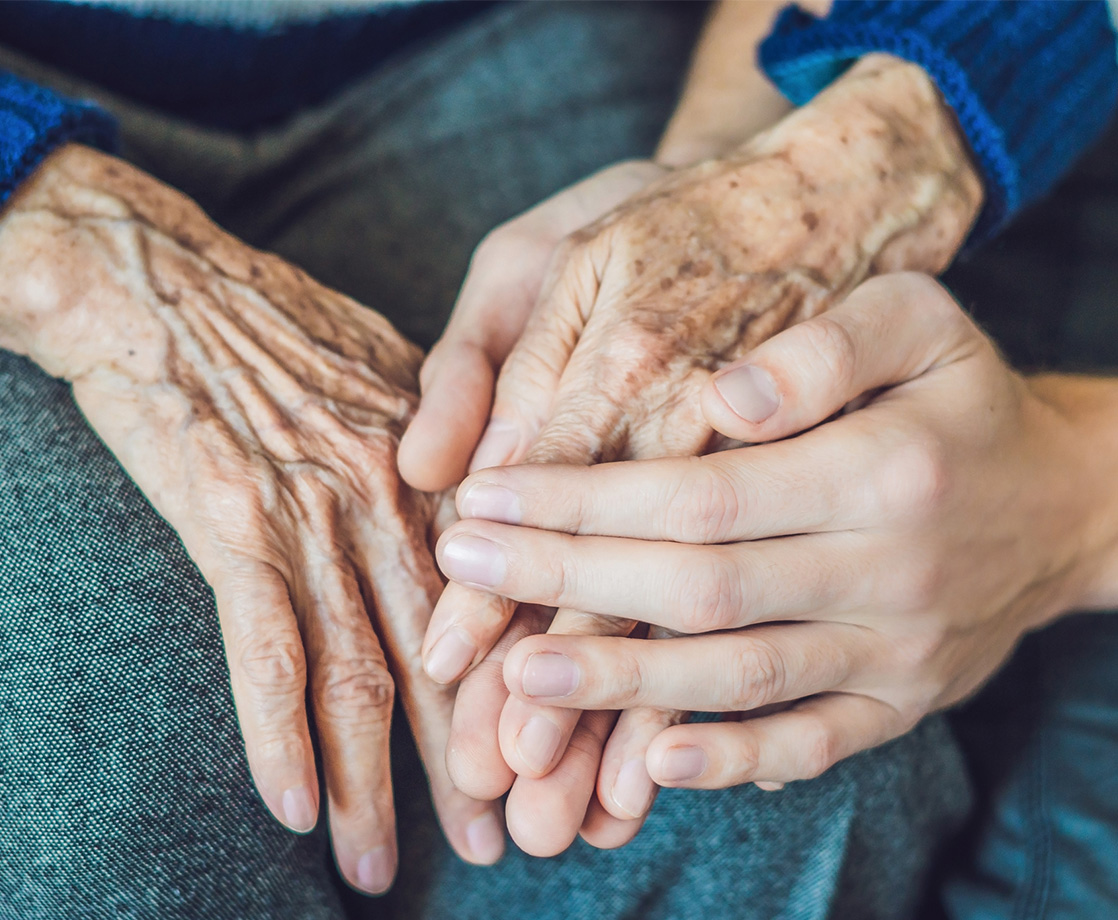Time to mellow out, France. The European Court of Justice (ECJ) has ruled that CBD is a “non-narcotic,” meaning that it doesn’t deliver a “psychotropic or negative effect on human health.” This is a particularly big deal because France has long banned the cannabinoid. So, basically, the high court just pushed back saying that the country’s ban is illegal.
The European Union’s court made the decision after France prosecuted KanaVape, a Czech company that exports CBD oil derived from whole hemp plants.
At present, French law dictates that commercial hemp products can only be made from the plant’s fiber and seeds. Products cannot incorporate any hemp flower. Thus, CBD is banned in France — which is what ultimately led to the case again KanaVape.
The ECJ, however, has determined that the French law violates EU regulations regarding “the free movement of goods” and that it must change, “since the CBD in question… cannot be regarded as a narcotic.”
“According to current scientific knowledge, it is necessary to acknowledge the difference between THC and CBD, [the latter of which] does not have any psychotropic effect or a negative effect on human health,” the ECJ wrote in an official statement. “The national court must assess the available scientific data to ensure that the alleged risk to public health is not based on purely hypothetical considerations.”
The ECJ ruling added that France could only legally ban the trade of CBD-based products “if this risk [to public health] appears to be sufficiently established.” But, let us not forget: Science has more than suggested that CBD is actually a benefit to public health, the health of individuals, and even the health of dogs!
Before this week’s decision, CBD trade in the EU existed for years in something of a legal gray area. The new ruling, then, is being touted as a major boost to the CBD industry, in that it will now be able to operate in a free and open marketplace.
KanaVape co-founder Antonin Cohen added that lifting of restrictions would also result in better and safer CBD materials. “It is fundamental to develop strict quality standards in the interests of consumers in order to avoid the circulation of dangerous products,” he said. “My goal is to improve access to the benefits of plants, in a legal and secure environment.”
In 2018, the World Health Organization declared that CBD is “generally well tolerated with a good safety profile” and no evidence exists “of any public health-related problems associated with the use of pure CBD.”











